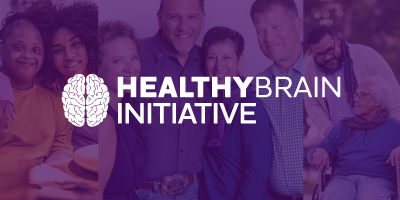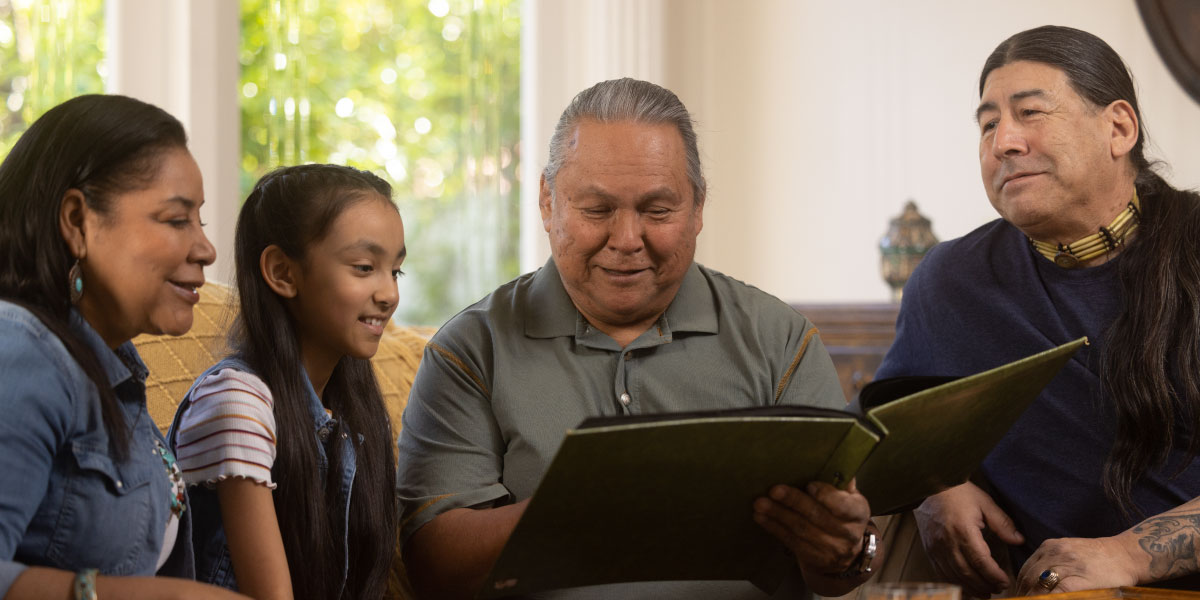Alzheimer's and Public Health Action in Hawaii
Alzheimer’s disease is a growing public health crisis in Hawaii, and the impact of Alzheimer’s is projected to rise. A comprehensive public health approach is essential to improve community health, support the well-being of those living with cognitive decline and their families, and reduce the risk of dementia throughout communities. The most recent data show:
31,000
people aged 65 and older are living with Alzheimer’s in Hawaii.
16.8% of people
aged 45 and older have subjective cognitive decline in Hawaii.
62,000
family caregivers provide essential support to people living with dementia in Hawaii.
111 million
hours of unpaid care are provided by dementia caregivers in Hawaii.
$2.8 billion
is the value of unpaid care provided in Hawaii.
$309 million
is the cost of Alzheimer’s to the state Medicaid program.
Fact sheets on Alzheimer's and dementia in Hawaii
View and download state-specific fact sheets for the latest data on each topic:
Learn more about how these data are collected in the annual Alzheimer’s Disease Facts and Figures report and the Behavioral Risk Factor Surveillance System (BRFSS).
Public health progress in Hawaii
State, local, territorial and tribal health departments are key partners in implementing a robust public health response to dementia. The Hawaii State Department of Health is improving brain health throughout the state.
The Hawai’i 2035 State Strategic Plan on Alzheimer’s Disease and Related Dementias, published in 2023, is currently being implemented with support from a growing coalition through the Hawai’i Dementia Initiative. In 2025, the state launched the Healthy Brain Tracker, Hawaii’s first dementia data dashboard, which provides centralized public access to dementia-related data to inform programs and policies.
Working across the levels of prevention
Across the levels of prevention, the Hawaii State Department of Health implements public health programs and interventions to address Alzheimer's through:
- Risk reduction: Developed and disseminated Brain Health Booklets with local resources per county. Facilitated Brain Health Workshops on multiple islands to provide dementia risk reduction education. Produced and broadcast a Brain Health Public Service Announcement with statewide reach.
- Early detection and diagnosis: Partners delivered trainings on early detection, screening, assessment and treatment of Alzheimer's disease.
- Dementia caregiving: Many types of dementia caregiver trainings are being offered in the state, including: Savvy Caregiver, ʻAuamo Kuleana, REACH (Resources for Enhancing Alzheimer’s Caregiver Health), SHARE (Support Health Activities Resources Education), Rosalynn Carter Institute, Positive Approach to Care, and Alzheimer’s Association Educational Programs.
Developing public health infrastructure and expanding capacity
Public health programs are critical to helping people stay cognitively healthy throughout life. Health departments in Hawaii are developing infrastructure and expanding capacity through these programs:
- BOLD Program: Hawaii Department of Health
- Risk Reduction Learning Collaboratives: Hawaii District Health Office
Resources for public health professionals
Tools from the Alzheimer's Association provide public health strategies that public health professionals can use to improve brain health and support caregivers and people living with dementia in your community.
Contact us
Public health professionals can contact the Alzheimer's Association public health team for questions and support.
Learn MoreGet involved
Anyone can join the fight against Alzheimer's by getting involved with your local chapter.
Find Your Chapter





